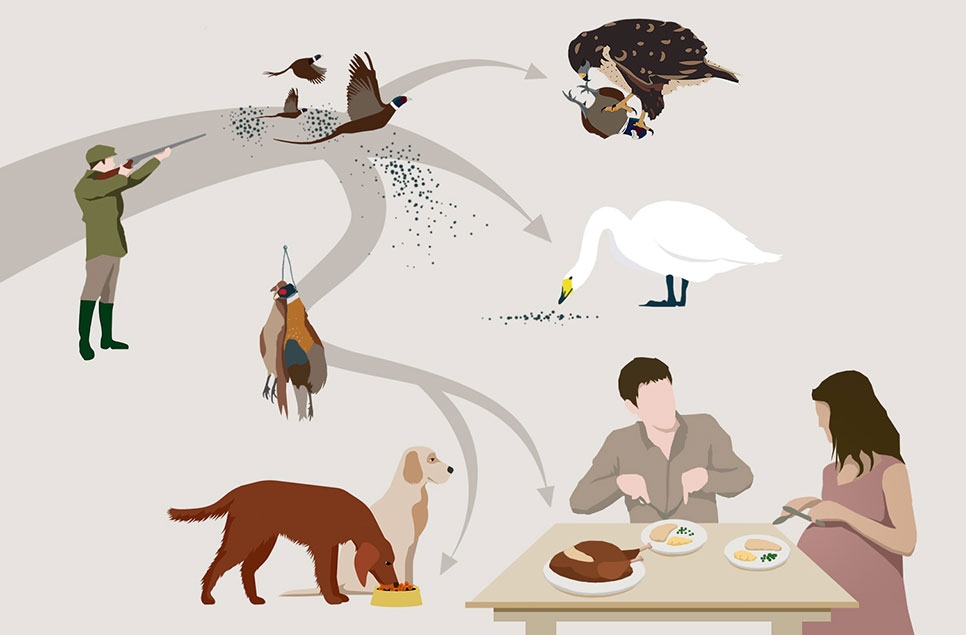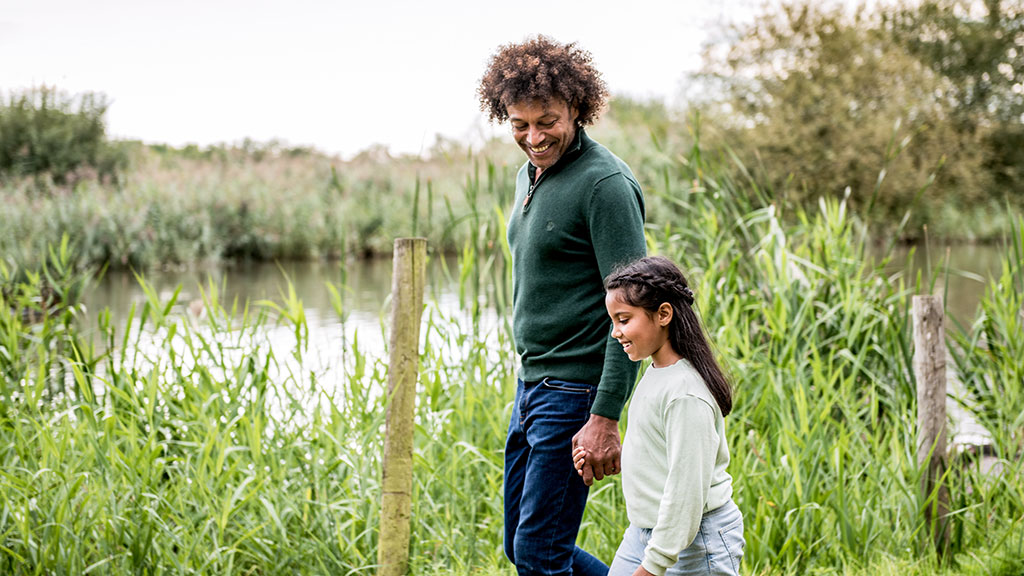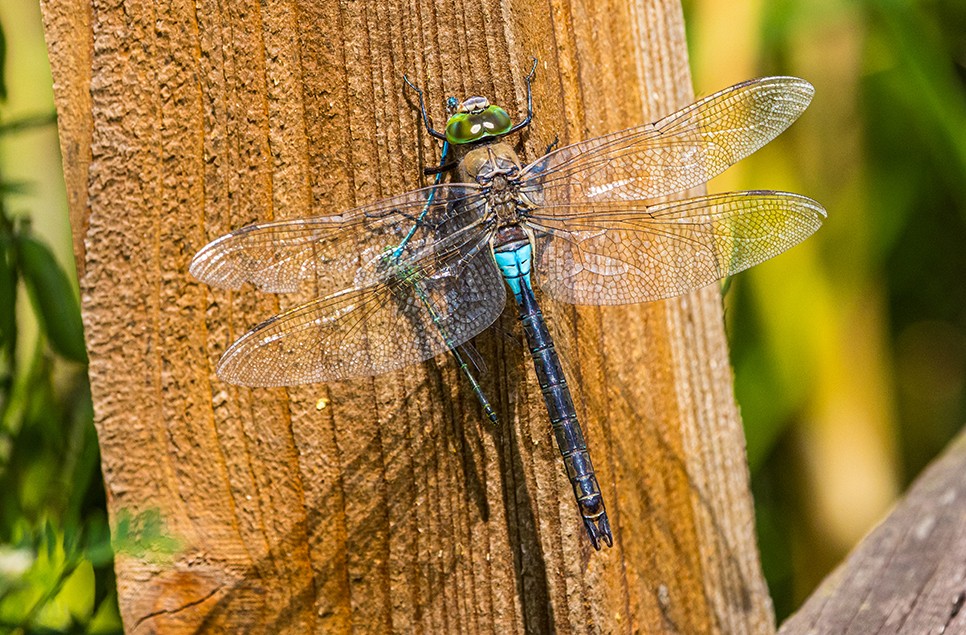Lead ammunition campaign latest: Study reveals excessive lead levels in raw dog food with pheasant
A staggering 77% of raw dog food with pheasant has excessive levels of lead – posing significant risks to our pets, the latest study has confirmed.

It’s the latest in a line of research which outlines the issue of toxic lead shot, who and what it impacts and how prevalent it is in game meat, despite partial regulations and a voluntary ban being in place and alternative types of ammunition readily available.
WWT has been leading a campaign to end the use of lead ammunition in order to halt environmental contamination and protect wildlife and people. Working with international partners, we helped secure an EU-wide ban on the use of lead in wetlands and are now campaigning for tighter regulations as part of the UK and EU REACH processes which put in place restrictions and guidance for the use of chemicals, including lead.
“Lead is toxic for people and animals – both wild and domestic – and we must act now to prevent further harm,” explains Dr Julia Newth, WWT’s Ecosystem Health and Social Dimensions Manager. “As a society we’ve wised up to the harms of lead in petrol and paint and taken clear action to get rid of this, but as it stands lead – in the form of lead ammunition - continues to contaminate our countryside, poison our wildlife and pose significant threats to people and now we understand, their pets too.
“When lead enters the body, be it that of a swan, a dog, a human or foetus, the damage is widespread and prolonged. There are non-toxic alternatives available and we need to transition to these in order to protect the planet, nature and people.”
Researchers from the University of Cambridge tested samples of raw pheasant dog food and discovered that the majority contained high levels of lead that could put dogs’ health at risk if they eat it frequently.
The results, published in the journal Ambio, also revealed that the mean lead concentration in the raw pheasant dog food analysed was 34 times higher than that recently reported in pheasant meat sold for people to eat, which itself is considered to be too high. Researchers believe this is due to the way the meat is processed.
Cambridge scientists have consistently found compliance with the voluntary ban to be low and scientists at WWT have found poor compliance with the partial regulations on lead shot more than 20 years after regulations were introduced in England. However, a total ban in Denmark has been shown to be very effective.
WWT and others are pushing for a ban on the sale and use of lead gunshot, along with restrictions on lead bullets; and further restrictions are currently being considered for the UK under the UK REACH Chemicals Regulation.
Dr Newth added: “As part of our ongoing work to ensure healthy wetlands across the globe, we have been campaigning for a ban on lead ammunition. We’ve come a long way with Europe-wide regulation in place. However, we know that the UK voluntary ban and partial regulations in some regions are not working. Birds, animals, including as this paper shows – our pets, as well as people are still at risk and it needs to stop.”
Pledge your support for our campaign by signing our Wetlands Can pledge today, and we’ll keep you updated on developments – and what you can do to help – with a regular campaign email.



